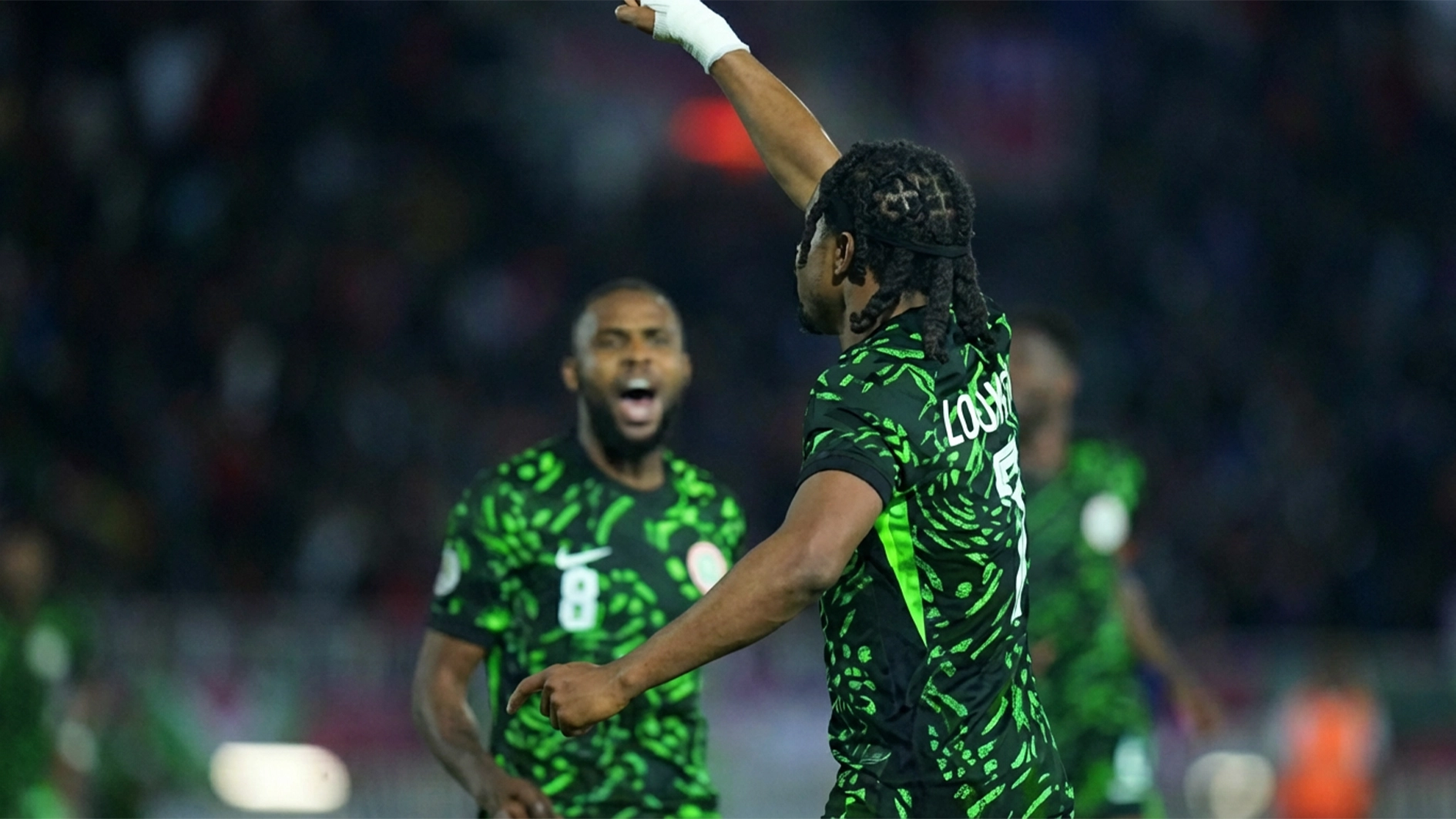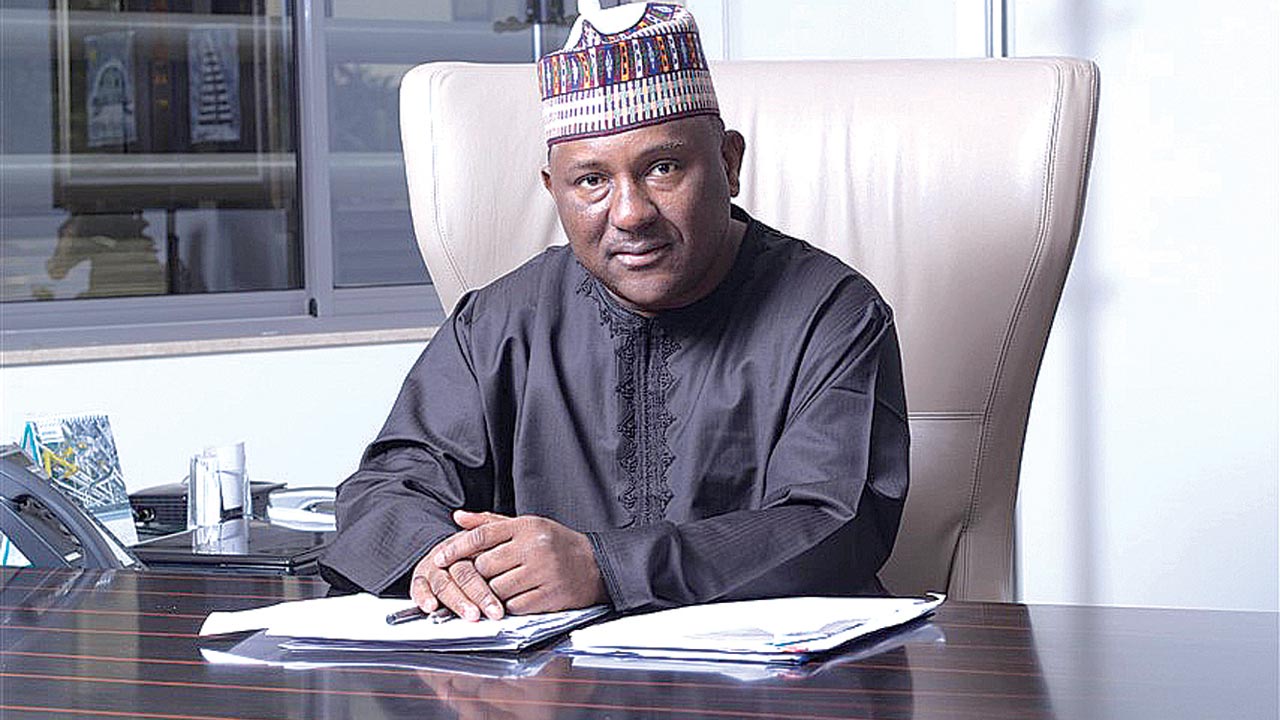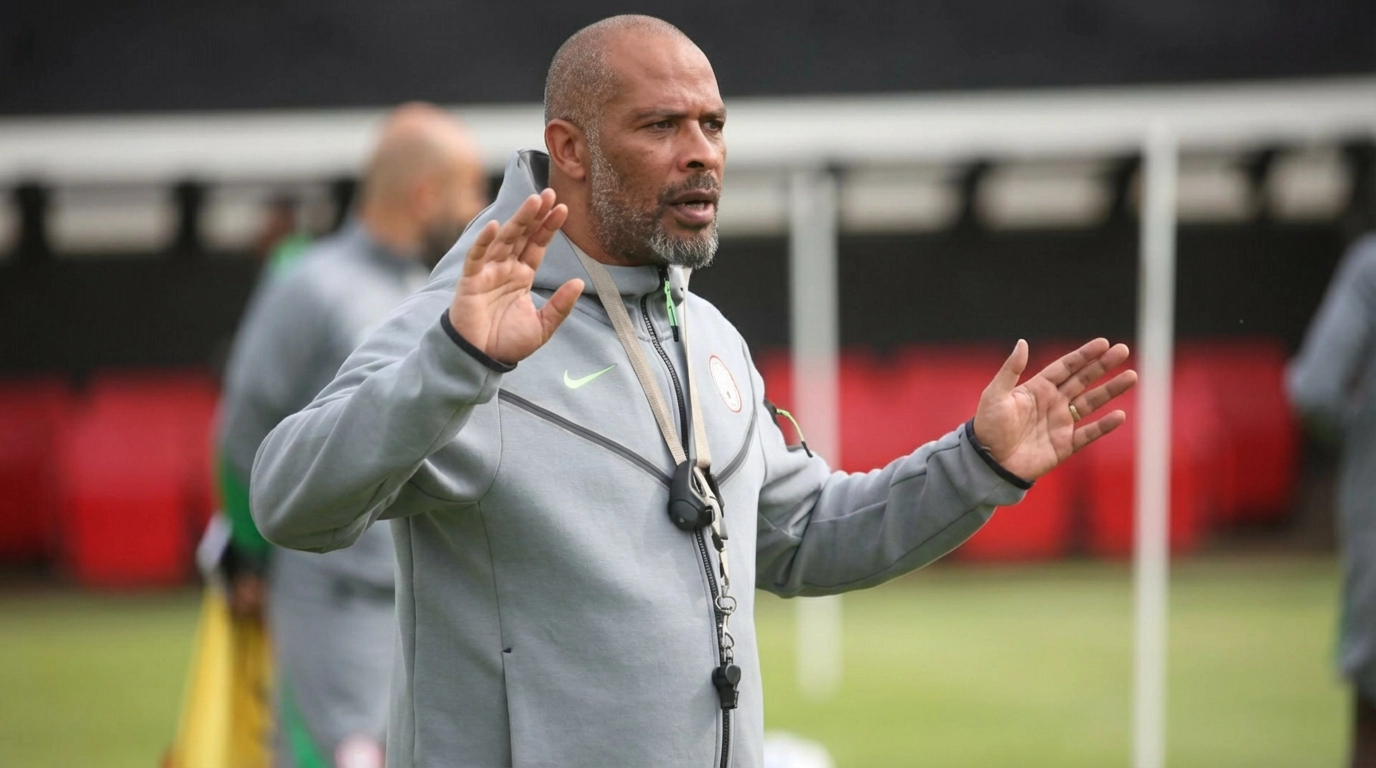Who is Africa’s best women’s senior national team? That is the question the Super Falcons and South Africa’s Banyana Banyana will answer today, in Casablanca, Morocco.
The event is the second semifinal of the African Women’s Cup of Nations, a competition that South Africa won in the last edition, also held in Morocco.
Before the championship, the Super Falcons sold their desire to win their 10th title this term to their fans, and the manner they have gone about the business suggests that they mean business. The manner they shredded boastful Zambia in the quarterfinals (5-0) suggests that even the defending champions are not immune to the Super Falcons’ whiplash.
In the competition’s 27-year history, the Super Falcons have never failed to make the semifinals, but today’s opponents claim that they are made of sterner stuff.
The South Africans have traditionally been a miserable opposition to the Nigerian girls for decades. It took the girls from the Rainbow Nation 17 years, after a first meeting in March 1995, to secure a win over the Falcons – a 1-0 win in a Women’s AFCON match in Equatorial Guinea 13 years ago. Before then, they serially suffered, their take-homes including 7-1 and 5-0 drubbings.
The Banyana netted another Women AFCON win in Ghana in 2018 (group stage), but suffered a heartbreak in a penalty shootout in the final that earned Nigeria a ninth continental title. Three years ago, the Banyana Banyana again had the upper hand in a group stage match (2-1) and went on to win their first African title after beating host nation Morocco (penalty shootout winners over Nigeria in the semifinals) in the final.
Debate has been fierce over the past few weeks as to which team is the best in Africa, between the Falcons and the Banyana Banyana, and that question should be properly attended to at the Larbi Zaouli Stadium this evening.
Falcons’ forward Chinwendu Ihezuo is firmly in the race for the top scorer’s award, as she is currently on three goals, one behind Morocco’s captain Ghizlane Chebbak and Senegalese forward Nguenar Ndiaye.
Within a cohesive squad, full-back Michelle Alozie and midfielder Rasheedat Ajibade have also stood out, while Esther Okoronkwo, the tournament’s top assist provider with four, continues to rise.
On the other side, South Africa’s Desiree Ellis has instilled her methodical approach. South Africa faced hurdles but endured. After a 1-1 group draw against Tanzania, they edged Senegal on penalties (0-0, 4-1) in the quarterfinals, thanks to the brilliance of goalkeeper Andile Dlamini.
Still, there’s more to this team than meets the eye. Jermaine Seoposenwe, Hildah Magaia, and Lebogang Ramalepe are all capable of turning the game on its head. The possession-heavy style that once seemed toothless now looks sharper, and the squad seems to be reliving the spirit of their 2022 triumph. “There’s a fire, a collective memory. We know what this match means,” Ellis told cafonline.com.






